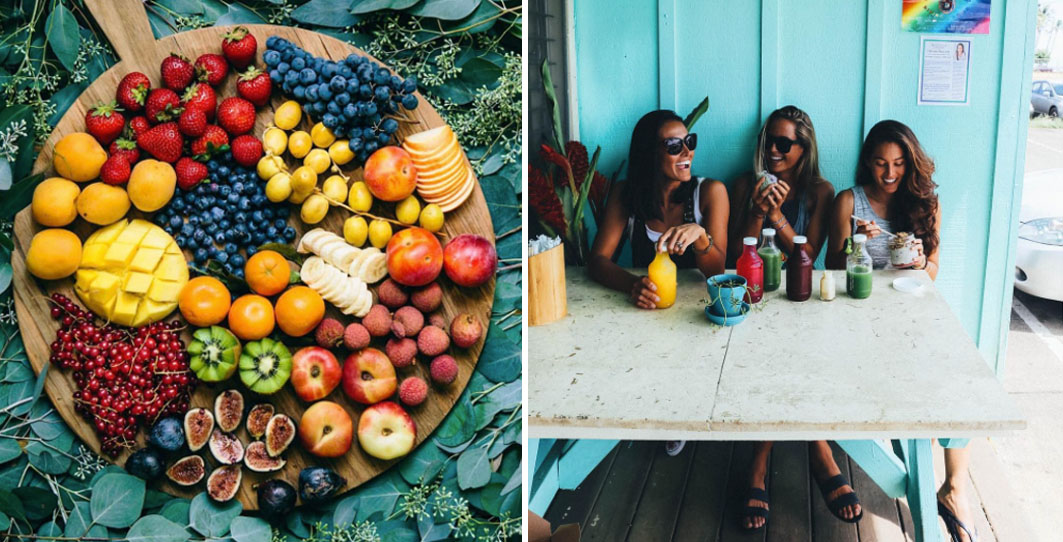
Let’s Get Juicy: Weighing In On The Pros And Cons Of Juicing
🍊🍏🍋
Juicing has become a trend for those looking to shed a few pounds or adopt a healthier lifestyle. Whether you’re curious about the 30-day challenge or simply craving more fruits and veggies in your diet, what's there to know about getting that juice boost?
PROS
1. Juices are a source of fiber, a carbohydrate that helps the body digest food, lower cholesterol, and prevent heart disease. It is recommended to have 25 to 30 grams of fiber per day.
There are two types of fiber – insoluble and soluble. While juicing removes most of the former, the latter would still be present in the juice. Remember that the body needs both types, though.
2. Juices are also rich in antioxidants, which help prevent or delay cell damage. Some examples of antioxidants are beta-carotene, lutein, lycopene, and vitamins A, C, and E.
3. It’s great for being on the go. It usually takes more time to chomp down an entire bowl of salad than to take sips from a bottle of juice, after all.
4. Produce about to spoil? Turn it into juice! According to the Food and Agriculture Organization of the United Nations, about one third of the food produced in the world for human consumption every year gets lost or wasted. Among these, fruits and vegetables have the highest wastage rates. Thus, juicing would be a quick and easy way to save what’s about to go rotten.
CONS
1. Buying juice every day, especially cold-pressed ones, can be costly. Depending on the brand, a 12-ounce can of juice from a store can range from $3 to $10 a pop. Thankfully, one can just go online and check out a bunch of homemade juice recipes.
2. If the juice is unpasteurized, it might carry pathogens that cause foodborne illnesses. To minimize risks, be sure to wash fruits and veggies well, and to drink the juice right after itâs made.
3. Juices can contain a lot of sugar in the form of fructose, so some people say itâs just as bad as soda. Livestrong.com posts an interesting list of juices with the highest sugar content.
4. The lack of protein is an issue that will come up. However, some fruits and veggies can be alternative sources of protein, such as bananas, peaches, avocados, kale, and broccoli. Those on a juice cleanse might also consider mixing flaxseed, peanut butter, or yogurt into their concoctions.
All in all, adding some juice to oneâs diet canât hurt, given that itâs freshly made, well-prepared, and taken in moderation.











